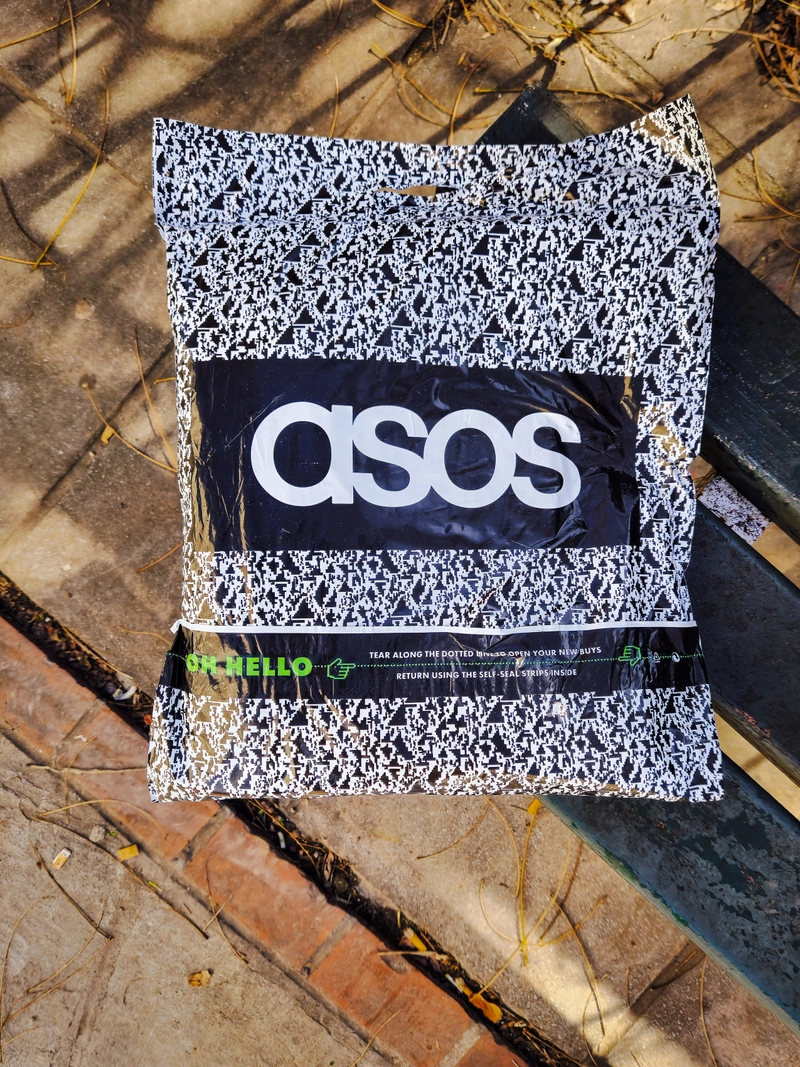
- Weak sales performance continues amid cost-of-living crisis
- ASOS lurches to near-£300 million loss
- Full year free cash outflow guidance cut
Online fast-fashion retailer ASOS (ASC) delivered disappointing figures across the board for the half ended 28 February 2023 and reported continued weak trading in March and April, news that sent shares in the FTSE 250 retailer down 7.8% to 586.2p.
One of the UK’s most shorted shares, ASOS’s reported first half loss before tax ballooned from £15.8 million to £290.9 million as the retailer was impacted by the slowdown in consumer spending as well as deliberate actions to boost profitability under its ‘Driving Change’ turnaround plan and exceptional costs including a massive £128.2 million stock write-off.
CHALLENGING TRADING BACKDROP
ASOS has spent the last three years battling the pandemic, supply chain disruptions and rising costs, as well as a headwind from the return of online shoppers to the high street.
Group sales dropped 8% to £1.84 billion in the first half, worse than the 3% decline called for by consensus, with UK retail sales down 10% to £804 million and US sales 7% lower at £269 million.
ASOS’s weak sales showing reflected the decision to prioritise profit over revenue as well as an exceptionally challenging trading backdrop, with cash-strapped fashionistas cutting back on online purchasing and the return to the high street triggering a downturn in demand for online fashion.
Reacting to this change in market conditions, ASOS has focused on improving order economics and emphasised profitability over revenue growth through actions such as the removal of unprofitable brands and the right-sizing of stock.
While the Topshop, Topman and Miss Selfridge brands owner continues to forecast a return to profitability in the second half of 2023 and beyond, it is now guiding to a full year free cash outflow of around £100 million, around the bottom end of previous guidance for an outflow of £0 to £100 million.
WHAT DID THE CEO SAY?
CEO Jose Antonio Ramos Calamonte said he was pleased with ‘the strategic and rapid operational progress the business has made in the first half of the financial year, against some very challenging trading conditions.
‘While some of these changes have impacted short-term sales growth, there are many causes for optimism as we progress through the second half of the year. We are improving our gross margin run rate in the face of significant headwinds, are starting to see the benefits of a repositioned stock profile, and are taking action to reduce the proportion of our sales which are not profitable.’
EXPERT VIEWS
Shore Capital explained that ASOS is focusing on disciplined capital spending and accelerated execution of its strategy. ‘However, there are concerns regarding ASOS’s ability to protect its brand’s equity, particularly in relation to deep discounting to clean inventory’, warned the broker.
‘This could pose challenges in selling products at full price in the future.’
Russ Mould, investment director at AJ Bell, described ASOS’s half-year results as ‘ugly as sin. Sales and margins are down, net debt has ballooned and pre-tax losses are getting a lot worse.’
Mould added: ‘It’s all very well having a turnaround plan, but at some stage you have to show results and it feels like ASOS should have been delivering the goods by now.
‘The company implies the economic backdrop has been unfavourable which has hampered its progress. It’s at times like these that consumers look for bargains which means ASOS’s decision to cut back on markdowns is somewhat ill-timed. Yes, it is prioritising profits over volumes, but it also needs to be in tune with what the consumer wants.
‘ASOS has suffered in the past from having too much inventory and too much discounting, which has essentially made the customer associate the brand with cheap products. If it takes away the discount carrot then customers are going to turn their nose up and shop elsewhere. ASOS has been the architect of its own mistakes and is now paying the price.’
Disclaimer: Financial services company AJ Bell referenced in the article owns Shares magazine. The author of the article (James Crux) and the editor of the article (Martin Gamble) own shares in AJ Bell.
LEARN MORE ABOUT ASOS





